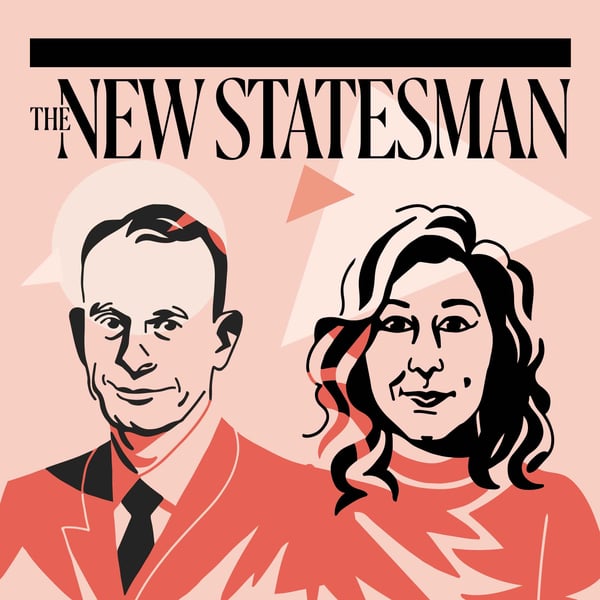🚨 How to defeat Reform - *Exclusive* with political polling analyst Steve Akehurst
The New Statesman | UK politics and culture
The New Statesman
4.4 • 1.4K Ratings
🗓️ 14 July 2025
⏱️ 22 minutes
🧾️ Download transcript
Summary
Nigel Farage and Reform UK are a real threat to Labour and the Conservatives alike.
We've heard a lot about the strengths of the challenger party - who would be likely to form the next government if an election was held tomorrow.
But one political polling analyst has been exploring where the Reform brand is most vulnerable to attack - and he reveals his results exclusively in this episode of the New Statesman podcast.
Steve Akehurst is founder of the non-partisan research initiative Persuasion UK. He joins Anoosh Chakelian and Rachel Cunliffe to share the arguments Labour, the Conservatives and the Lib Dems can use that are most likely to turn voters away from Nigel Farage and Reform UK.
This episode is a must-listen for political strategists, speechwriters and MPs.
👉 Read Steve Akehurst's exclusive polling analysis here: https://persuasionuk.org/research/reform-message-testing-rct
Hosted on Acast. See acast.com/privacy for more information.
Transcript
Click on a timestamp to play from that location
| 0:00.0 | The New Statesman. |
| 0:05.5 | Nigel Farage is a real risk to Labour, but we have some exclusive polling that shows how Labour |
| 0:10.8 | could beat him. I'm Anoushekelian and this is the New Statesman podcast. |
| 0:25.2 | Labour won a landslide at last year's general election, but if there was an election tomorrow, data suggests Reform UK would win the most seats. We've heard a great deal about |
| 0:30.6 | reform's popularity and appeals since the election, but not a huge amount about its weaknesses. |
| 0:35.9 | So today we're revealing some exclusive polling on |
| 0:38.0 | what kind of messaging Labor and other political parties could use to counter the rise of reform |
| 0:42.9 | and the leadership of Nigel Farage. I'm joined by my colleague Rachel Cunliff and the political |
| 0:47.9 | polling analyst who first coined the phrase Blue Wall, Steve Akehurst, to hear how to effectively |
| 0:53.3 | craft political attacks against reform. |
| 0:56.0 | So, Steve, firstly, tell us who you are and what you work on so that our listeners know a bit |
| 1:02.0 | about you. Yeah, so I'm a polling analyst of sorts. I do lots of work looking at public attitudes |
| 1:07.1 | in the context of communications, campaigns, and that kind of thing. |
| 1:14.4 | And last year I started a small research initiative, Persuasion UK. |
| 1:16.2 | So we're non-profit, non-partisan. |
| 1:18.1 | We do two things. |
| 1:23.8 | So we do deep dives into kind of thorny topics to find out what influences public opinion on different policy debates. |
| 1:27.1 | And then crucially, I guess, we look at the way that the electorate is changing. |
| 1:31.0 | And party brands are perceived. And I guess that's part of what this work relates to. |
| 1:35.0 | Okay. And you're known for that, that blue wall concept, Rachel. I think you had a question about that. Yeah. What is the blue wall? What did it mean when you coined it and what does it mean now? |
| 1:40.7 | So I think when the original definition, and I try not to be too precious about this, |
| 1:45.0 | but the original definition was areas, I guess, where the conservatives were consistently |
... |
Transcript will be available on the free plan in 16 days. Upgrade to see the full transcript now.
Disclaimer: The podcast and artwork embedded on this page are from The New Statesman, and are the property of its owner and not affiliated with or endorsed by Tapesearch.
Generated transcripts are the property of The New Statesman and are distributed freely under the Fair Use doctrine. Transcripts generated by Tapesearch are not guaranteed to be accurate.
Copyright © Tapesearch 2025.

